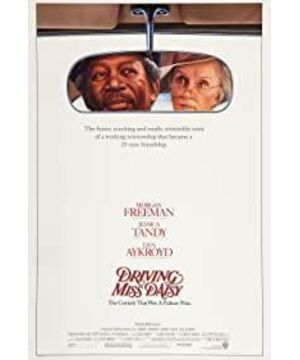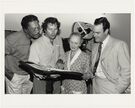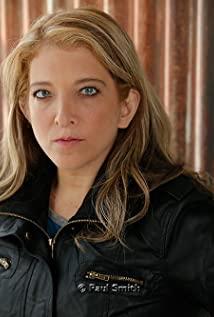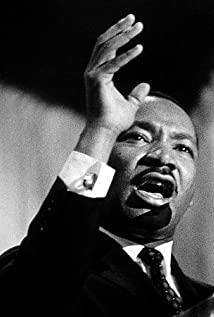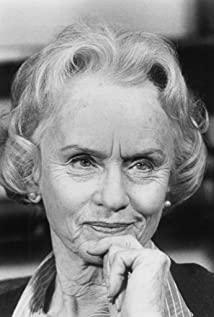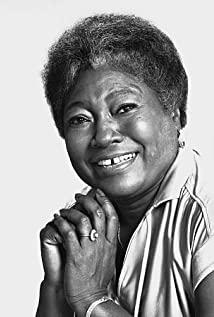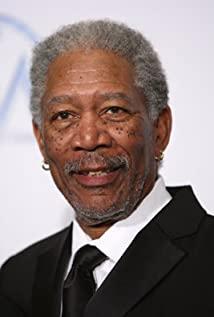Mrs. ("Miss") Daisy Werthan (Jessica Tandy), a 72-year-old wealthy Jewish widow, lives in Atlanta, Georgia, alone except for an African American housemaid named Idella (Esther Rolle). In 1948, after a driving mishap where her automobile is wrecked, Miss Daisy's son, Boolie (Dan Aykroyd), tells her she will have to get a chauffeur because no insurance company will cover her. She refuses, but Boolie is determined to find her a driver. Meanwhile , she is stuck at home and unable to run errands.
Boolie finds Hoke Colburn (Morgan Freeman), who had chauffeured for a local judge until he died and decided to remain in the area rather than accompany the judge's widow when she moved away. Miss Daisy at first refuses to let Hoke drive her, going so far as to walk to the local Piggly Wiggly with Hoke following her by automobile, much to her chagrin. It is revealed that her reluctance to be driven around is because she is embarrassed that people might think she is either too elderly to drive, or so well off that she can pay for a driver. Out of necessity, Miss Daisy gradually starts to accept Hoke and the fact that she needs him to drive her around. She eventually comes to respect him.
Later, Miss Daisy, a retired schoolteacher, finds out that Hoke is illiterate and teaches him how to read. Miss Daisy has Hoke drive her to her brother's 90th birthday party in Mobile, Alabama. During the trip, Hoke reveals that it is the first time he has left his home state of Georgia. Miss Daisy realizes that Hoke's race affects how others treat him in this society and she is further opened to the social aspects of discrimination. As Miss Daisy and Hoke spend time together, she gains appreciation for his many skills and the two become friends.
The racism and prejudice that permeated American society during the time period in which the story takes place is explored in the film, especially when Hoke is questioned by a pair of Alabama patrolmen who make out-of-earshot racist comments about Miss Daisy being Jewish and Hoke being black.
Idella, who had served Miss Daisy for many years and whom Miss Daisy was very close to emotionally, suddenly dies in 1963. Miss Daisy, Boolie, his wife Florine (Patti LuPone), and Hoke attended the funeral. Rather than hire a new maid, Miss Daisy takes it upon herself to care for her house and cook her meals.
After her synagogue is bombed, Miss Daisy realizes that she is subject to many of the same prejudices as Hoke. But in the course of the movie, American society undergoes radical changes, and Miss Daisy soon attends a dinner at which Dr.Martin Luther King gives a speech. She initially invites Boolie to the dinner, but he declines, and suggests that Miss Daisy invite Hoke. However, Miss Daisy only asks him to be her guest during the car ride to the event and ends up attending the dinner alone, with Hoke insulted by the manner of the invitation, listening to the speech on the car radio outside.
One morning in 1971, Hoke arrives at the house and finds Miss Daisy in a confused state, with signs of dementia. Hoke manages to calm her down and Miss Daisy confesses to Hoke that he is her best friend. After a discussion with Hoke, Boolie arranges for Miss Daisy to enter a retirement home since she is no longer able to live on her own. In 1973, the family home is sold, and Hoke, now 81, retires. Hoke is driven to Miss Daisy's house by his adult granddaughter where he meets Boolie. Boolie and Hoke meet at Miss Daisy's house one final time before the new owner takes possession, and then drive to the retirement home to visit Miss Daisy, who is now 97. Boolie leaves Hoke and Miss Daisy alone so they can spend time together. Hoke shows Miss Daisy her uneaten pumpkin pie. She has difficulty moving her fork and Hoke feeds her instead.As Hoke feeds Miss Daisy, he reminisces upon all the years he spent driving her, and the image of a car drives off into the distance.
View more about Driving Miss Daisy reviews


